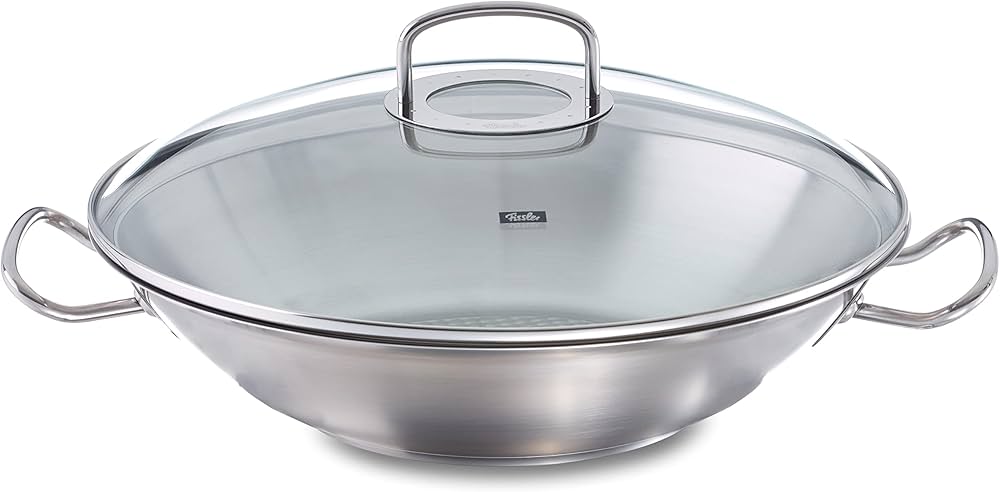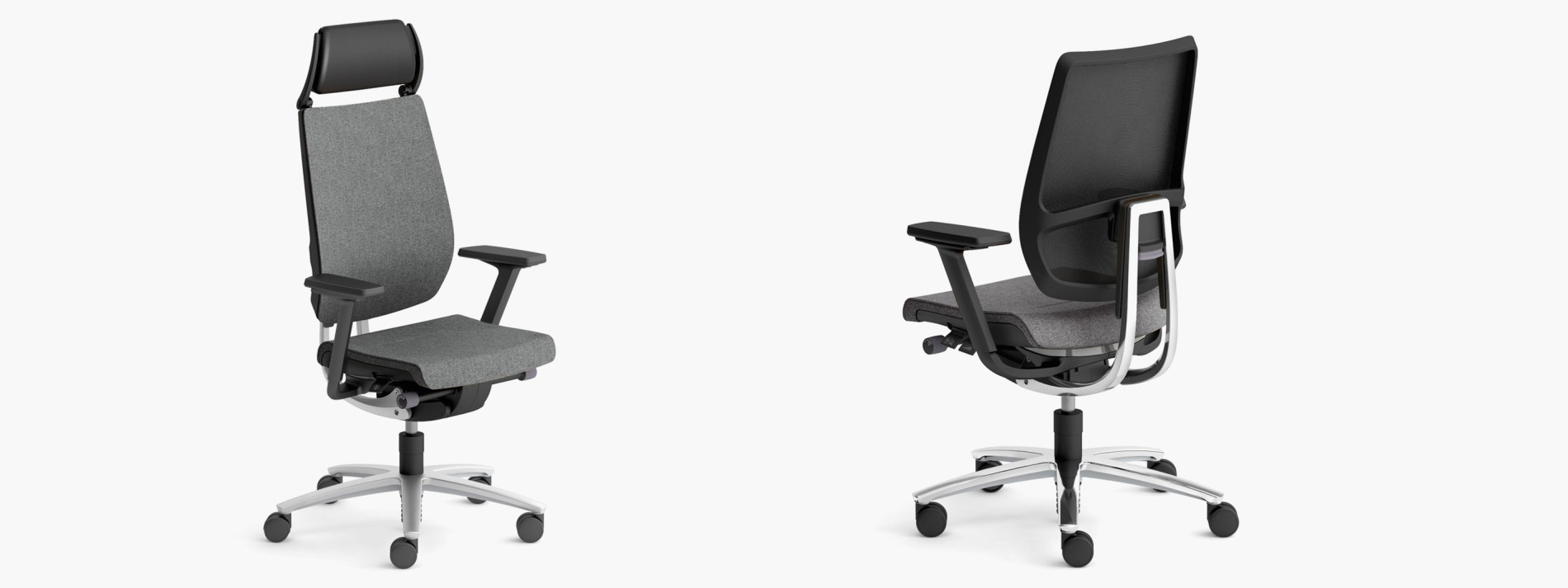When your elderly mother is consuming your life, it can feel like the world you once knew has been replaced by a 24/7 caregiving cycle. You may have started out simply helping with groceries, medications, and doctor’s visits—but now you find that almost everything you do revolves around her well-being. This is a situation far more common than many realize, and yet it carries tremendous emotional, physical, and psychological weight.
Understanding the Growing Responsibility
The moment you realize “my elderly mother is consuming my life” is often not a dramatic one—it’s gradual. You take on one more task, one more responsibility, and before long, her needs begin to define the rhythm of your days. This gradual shift can affect your job, friendships, hobbies, and even your health. The increasing complexity and intensity of care can reshape your life in ways you never expected.
Emotional Impact and Changing Family Roles
When you’re the primary caregiver, emotions like love, devotion, frustration, and guilt often collide. The reversal of roles—where a child becomes the caregiver—can disrupt family dynamics. Siblings may disagree about responsibilities, and you may feel isolated even within your own family. Acknowledging these feelings is essential. It’s not a sign of weakness but rather a crucial step toward regaining emotional balance.
Setting Boundaries and Asking for Help
Caring for your mother doesn’t mean you must sacrifice your entire life. You can love deeply and still need space for yourself. Setting boundaries is key to sustaining your mental and emotional health. Decide what tasks you can manage, and where you need support.
Here are some useful steps:
• Talk openly with other family members about sharing responsibilities.
• Explore professional or part-time caregiving assistance to ease your load.
• Schedule regular breaks for rest and self-care.
Remember, you cannot care for someone else effectively if you neglect yourself.
Planning for the Future
Beyond daily care, practical planning is essential. Financial, legal, and long-term care arrangements should be discussed early. Establishing power of attorney, managing assets, and exploring care options can reduce future stress. Proactive planning brings clarity, stability, and peace of mind for both you and your mother.
Balancing Compassion with Self-Care
You can provide compassionate care for your mother without losing your sense of self. Balance begins when you respect your own limits.
Some helpful practices include:
• Set aside time each week for activities you enjoy.
• Maintain friendships and social connections.
• Seek support groups or counseling to manage caregiver stress.
• Pay attention to burnout signs like fatigue, irritability, and neglecting personal health.
By taking care of yourself, you strengthen your ability to care for her.
Knowing When to Reevaluate Care Arrangements
At some point, it may be necessary to reassess whether your current caregiving arrangement is sustainable. This doesn’t mean failure—it’s a realistic step toward maintaining well-being.
Consider:
• Exploring home-care or assisted-living options.
• Adjusting routines to reduce exhaustion.
• Bringing in professional help for specific tasks.
Making these decisions early ensures better outcomes for both you and your mother.
Finding Strength and Purpose
Despite the challenges, caregiving can also bring moments of meaning and connection. It’s an opportunity to give back to the person who once cared for you. Still, it’s important to preserve your identity, dreams, and goals beyond caregiving. Balance compassion with self-respect, and remember that you deserve a fulfilling life too.
Conclusion
If you often feel that my elderly mother is consuming my life, know that you are not alone. Many caregivers face this same emotional and physical burden. By setting boundaries, planning ahead, and caring for yourself as well as your loved one, you can find stability and peace in this demanding journey.
At Rochester Law Center, we understand the complexities of caregiving and can guide you through planning for your loved one’s future—so that both you and your mother can live with dignity and balance.














Leave a Reply